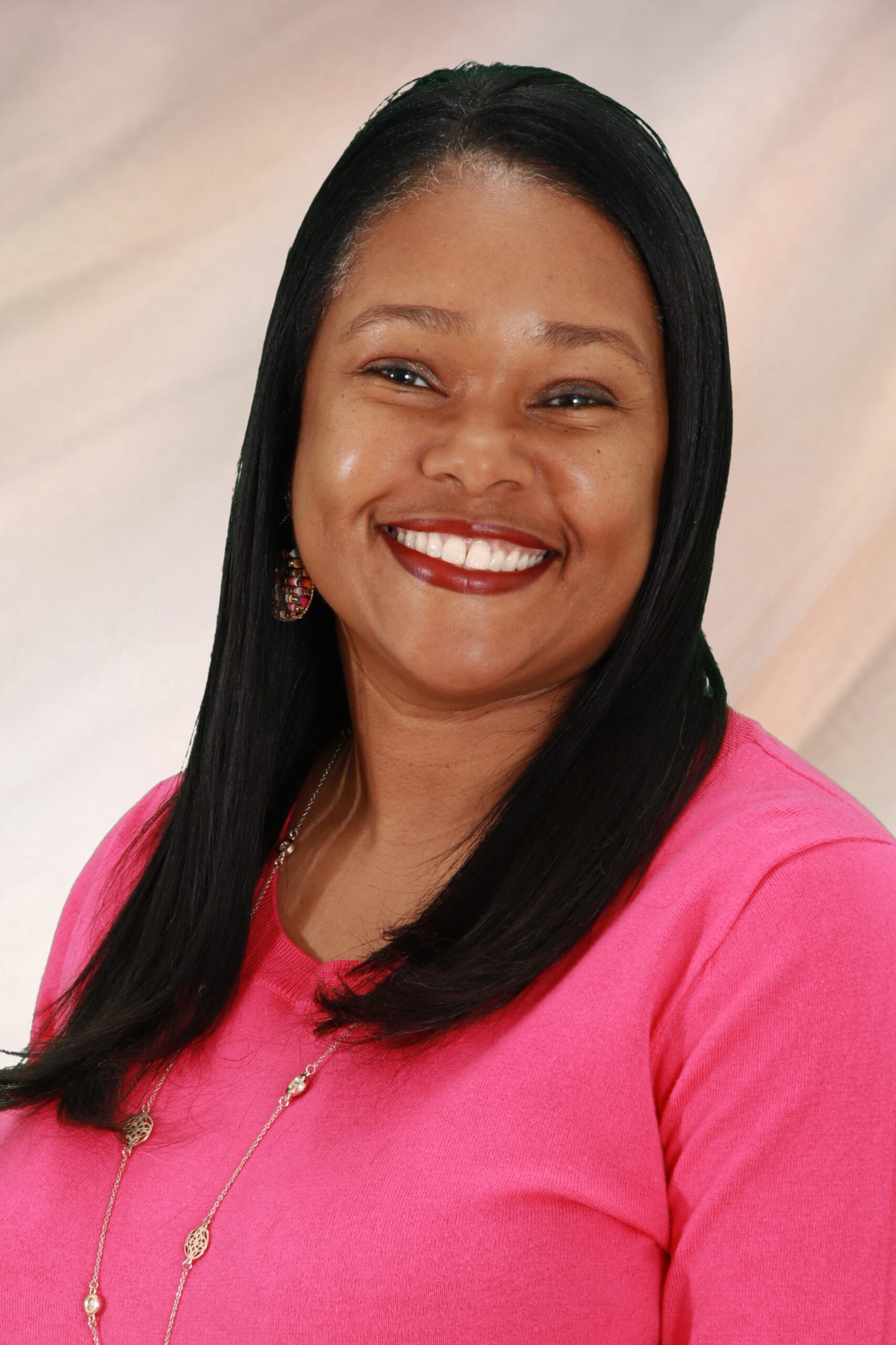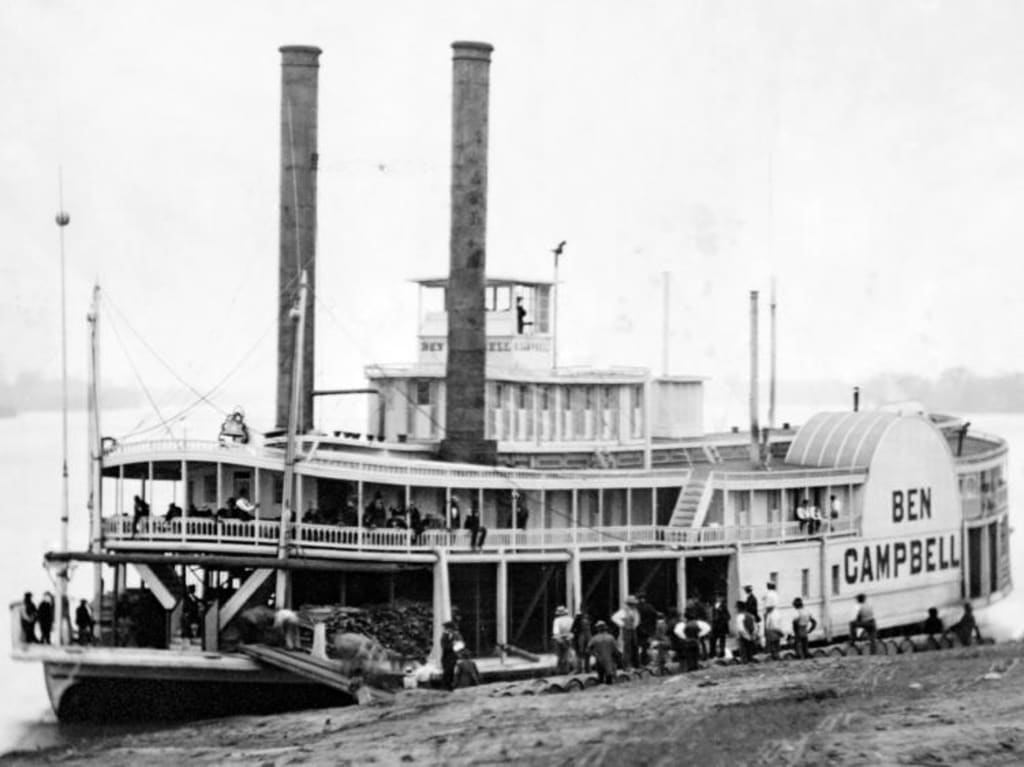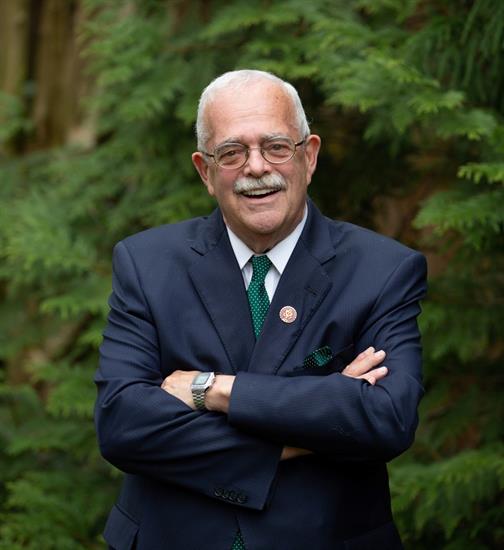An Invitation to Go in a Different Direction: My Response to the Supreme Court’s Gutting of Affirmative Action in Colleges and Universities: Encouragement for Black Americans
by Jennifer Roberts
Just like you may have been, I was disappointed to learn that the Supreme Court voted to ban affirmative action as it relates to college admissions. But my very next thought was, “We will have to go in a different direction. We’ve been here before and we know how to do thrive in the face of abject adversity.”
During the pandemic I started listening to podcasts. One of the podcasts that caught and held my attention was Oprah Winfrey’s Master Class. In these monologue-style podcasts which run about 40 minutes, Oprah’s guests discuss their lives and I am fascinated by their stories. One of my favorite episodes is the one featuring humanitarian and media mogul, Tyler Perry. I’ve listened it at least 10 times if not more. During Perry’s talk, he tells a story of how earlier in his career, he filmed 10 episodes of an original television series (House of Payne) and traveled to Los Angeles to pitch the show to television executives. The executives rejected him and his ideas. Instead of getting mad about the rejection, he took what Oprah called, “inspired, groundbreaking action that challenged the television business and won.”
Perry shared, “I say, never argue with what is and I believe that. It is what it is. Don’t argue with it. Why are you arguing with what is? That doesn’t mean that you don’t change it; it just means that you don’t argue with it. If this is the system that has been set; if this is the way it has been designed to go, okay, fine. I’m not going to sit around arguing about it. I’m just going to find another way. I saw what was, didn’t argue with it, just went another direction.”
With the latest Supreme Court ruling, Black Americans have a “find another way” opportunity. I am not saying that the decision is right or fair. I do not agree that the decision is in the best interest of all Americans, especially not Black Americans, but as Tyler Perry said, “It is what it is.” And after all, are we really that surprised?
The late Maya Angelou said, “When people show you who they are, believe them.” The United States of America has been showing its true colors to Black people since before the country was formed and has remained consistent. Despite some progress toward equality over long spans of time, Black people are still rejected and devalued. If the United States as a union wanted to right historical wrongs, create and support equitable outcomes for Blacks, it would have done so a long time ago. From the inception of chattel slavery on the shores of Virginia to Jim Crow to mass incarceration, America has repeatedly expressed its hatred for and fear of Black people and particularly Black success. The cancerous, racist belief system about Blacks in this country is embedded in this nation’s skeletal system and continues to rot its bones from the inside out. Don’t be deceived that all is well for Black people simply because we don’t see crosses or property being burned on the daily; racism is very much alive, well and mature. It now shows up in the form of book banning, parent groups and school boards with racist agendas, inequitable resources and in Supreme Court rulings.
I implore Black people to stop begging for scraps from social systems that continue to reject us and keep building resources that support and celebrate us. It is futile to expect a system that was intentionally built to oppress us to suddenly change its properties and start propelling us to greatness. It’s like expecting an apple tree to produce oranges; it never will. We must use our energy to go in a different direction.
This latest ruling is an opportunity to increase our support of HBCUs (Historically Black Colleges & Universities) by educating our children about their existence and encouraging them to attend. It’s also an opportunity to encourage our Black athletes to play sports for HBCUs and for those of us who can make financial investments in HBCUs that will help them to educate present and future generations.
Black people are trailblazers and trendsetters. We are game changers and chain breakers. We always have been, and we always will be. Historically, consider Christianity, Science and Mathematics. In contemporary times, look at film, music and fashion despite unthinkable barriers that have been designed to deny us access. We don’t have to beg any institution for admittance if we choose to believe and invest in our own greatness. We must overcome the inferiority complexes, disbelief and mistrust about ourselves that we have been socialized to believe.
We know how to make something out of nothing and make it great. I am reminded of education pioneer, John Meachum Berry, who was born into slavery in 1789 in Goochland, Virginia. When Berry grew up, he became a carpenter and purchased his freedom. He went on to found the first Black church in Missouri, First African Church, which also housed a school for Black people. When the state of Missouri banned education for Black people in 1847, he didn’t get mad, he got creative. He responded by outfitting a steamboat with a library, chairs and desks and opened the Floating Freedom School on the Mississippi River which was out of Missouri’s jurisdiction. This is the brilliance and genius from which we descend. Greatness is in our DNA. We must recognize and harness our power. We must work cooperatively, build and support our own organizations, services and products.
Let’s choose to maximize this moment that is disguised as a setback. Let’s choose to collectively be creative in how we educate our children and how we navigate access to higher education. Let’s choose to see this latest Supreme Court decision as an opportunity to create and invest in organizations that welcome us, nurture us and authentically and unapologetically teach and celebrate our important history. Let’s keep building upon the blueprints that our ancestors left us and take our rightful places as creators, innovators and leaders in this, the nation that we helped build. Let’s choose to go in a different direction.
 (Jennifer Roberts is a Haymarket resident and founder of Conversations In The Community.)
(Jennifer Roberts is a Haymarket resident and founder of Conversations In The Community.)



